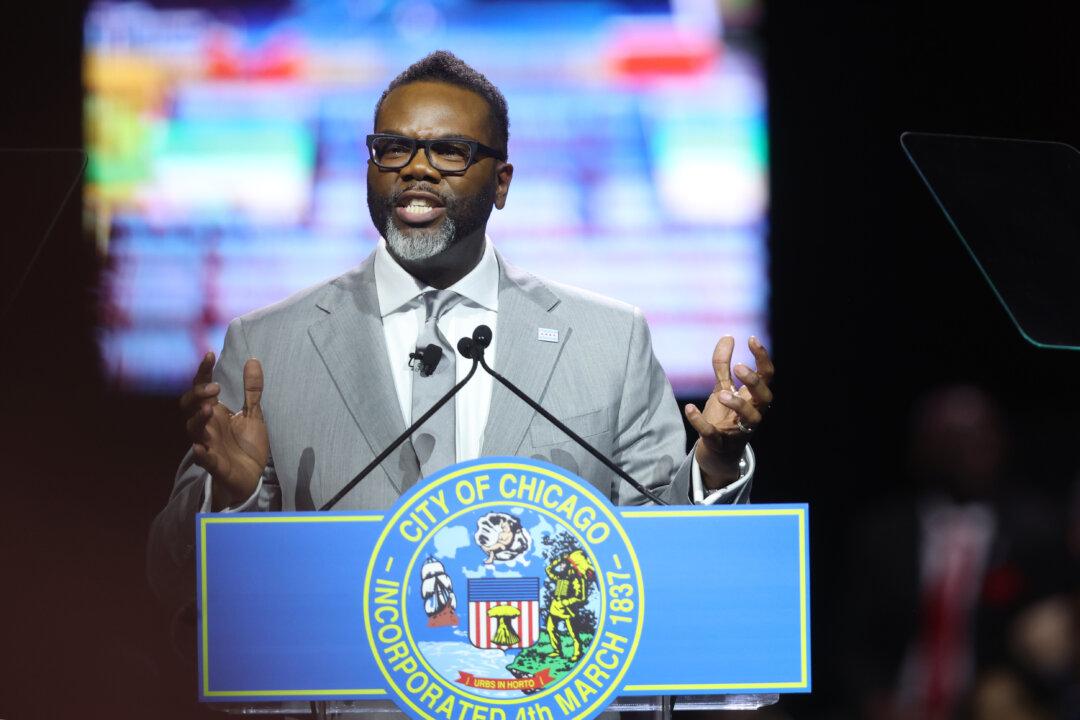As crime soars in large cities, businesses leave. At least six grocery stores have closed in the South and West sides of Chicago over the past two years, according to a statement from the city.
In response, Mayor Brandon Johnson this week announced a partnership with the Economic Security Project to “start on a pathway towards the opening of a municipally owned grocery store in Chicago,” the statement said.





